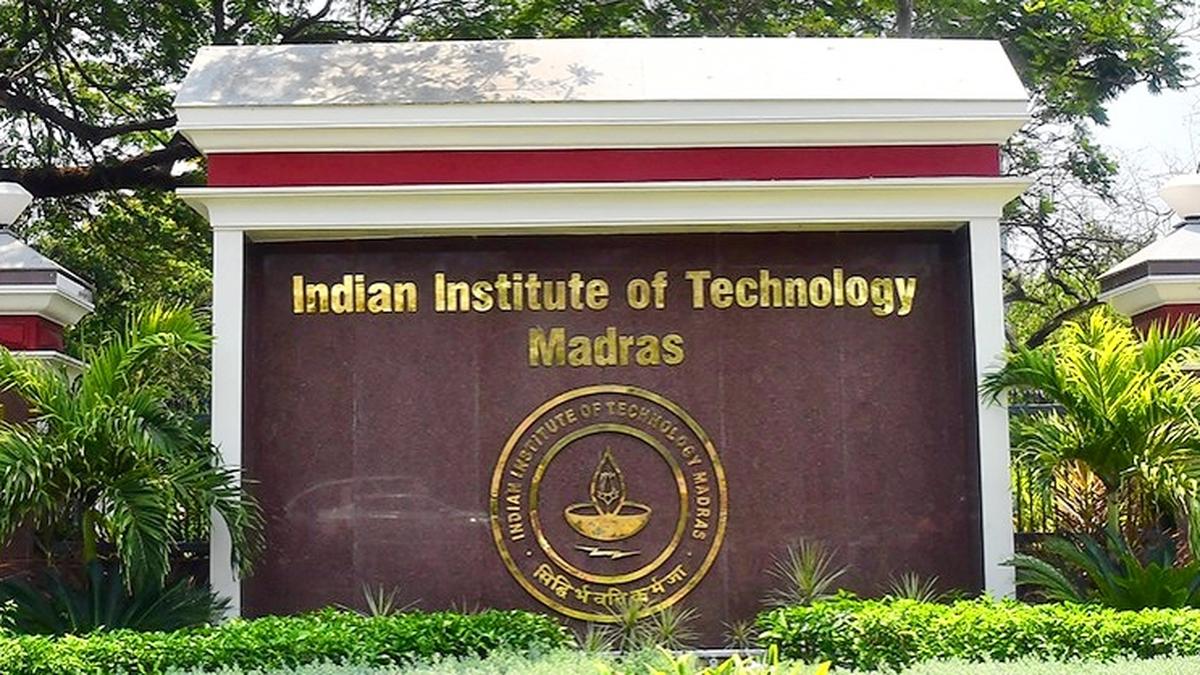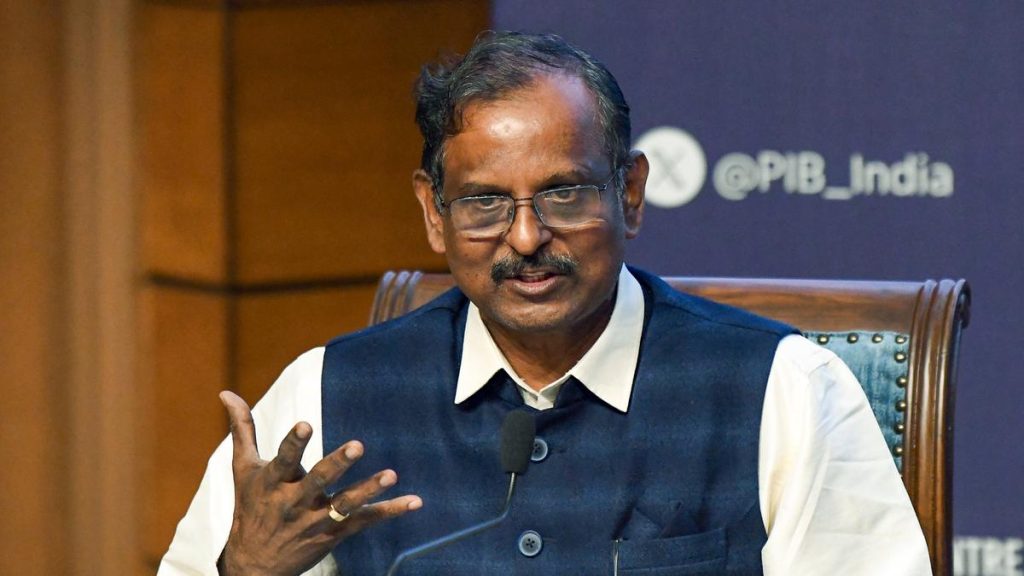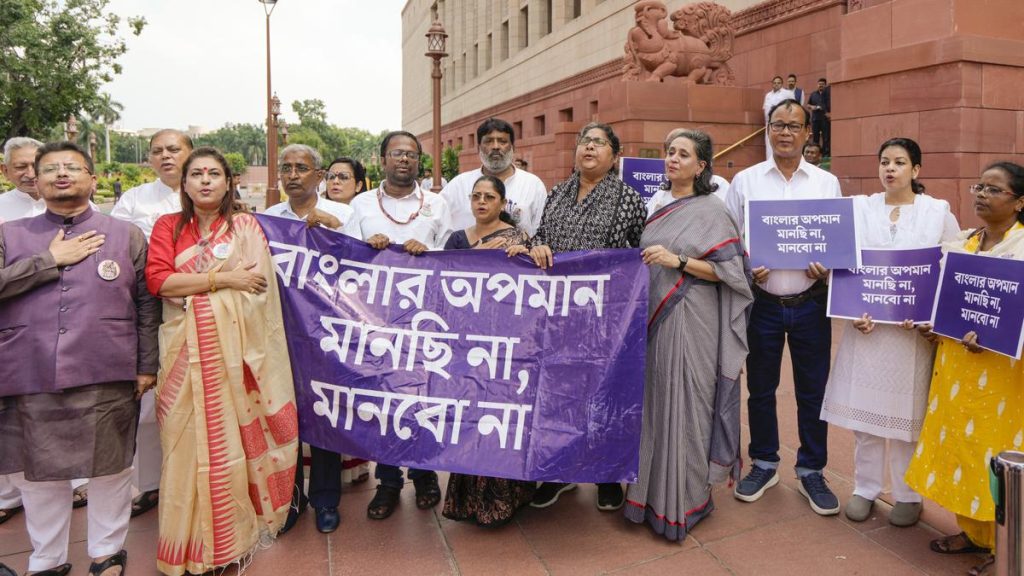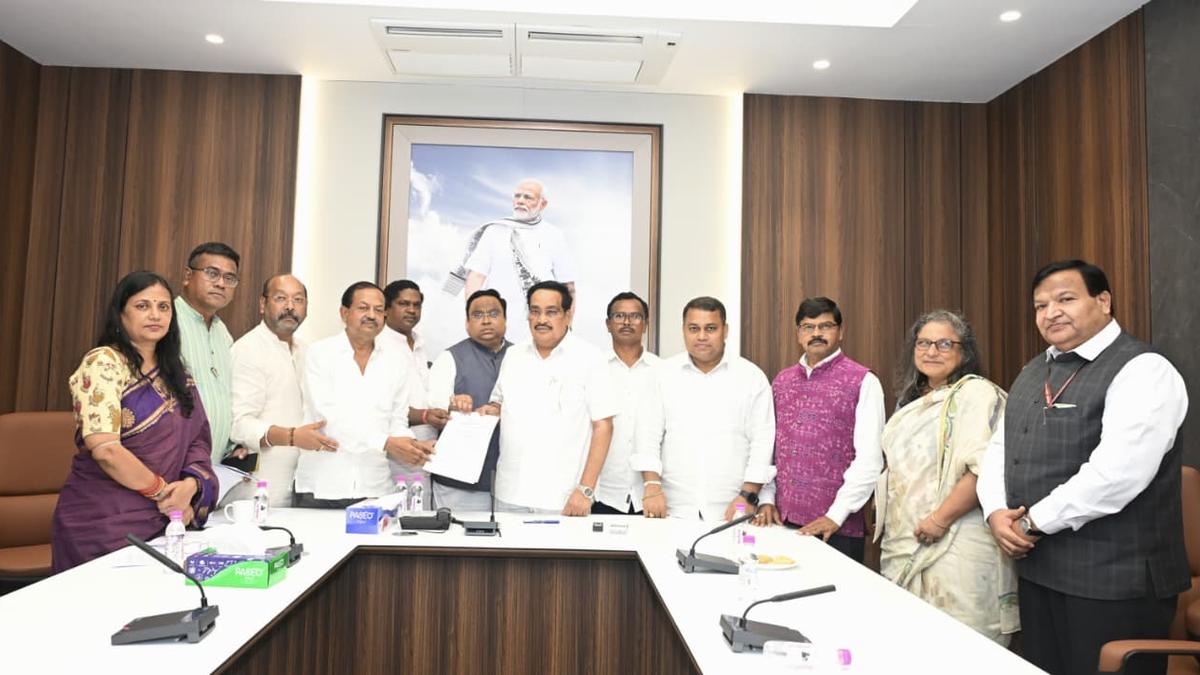Now Reading: Madras HC Rejects IIT-Madras Professor’s Appeal Against Sexual Harassment Findings
-
01
Madras HC Rejects IIT-Madras Professor’s Appeal Against Sexual Harassment Findings
Madras HC Rejects IIT-Madras Professor’s Appeal Against Sexual Harassment Findings

Swift Summary
- The Madras High Court dismissed a writ petition filed by an IIT-Madras professor challenging findings of sexual harassment against him by the Complaints Committee Against Sexual Harassment (CCASH).
- Justice N. Anand Venkatesh declined to interfere with the show-cause notice issued in May 2025 by IIT-M Director V. Kamakoti, which sought the professor’s explanation for potential penalties.
- While acknowledging possible poor wording in the notice indicating penalty, the court clarified that it allowed scope for the professor to challenge CCASH’s inquiry report.
- the court held that CCASH had conducted a fact-finding process; courts should generally avoid interfering with such internal proceedings unless legally warranted.
- Concerns about procedural fairness raised by the professor were dismissed as sexual harassment inquiries operate under specific conditions per POSH Act guidelines, differing from departmental inquiries.
- The IIT-M Registrar noted CCASH was constituted under rules outlined in India’s POSH Act, and efforts were made to involve both parties fairly during proceedings.
- Justice directed IIT-M Director to provide copies of statements from witnesses and allow adequate time for reply before finalizing any decision based on merits and legal standards.
Indian Opinion Analysis
The case illustrates critical aspects of handling institutional inquiries into alleged misconduct using frameworks like India’s POSH Act. The refusal of judicial interference underscores respect towards mechanisms designed for gender-sensitive issues within academic spaces while recognizing procedural safeguards. If implemented properly, directives like providing records and opportunities for defence aim to balance transparency with fairness.This judgment could establish guidance on institutional accountability without undermining workflows related to sensitive allegations-perhaps influencing policy adaptation across educational institutions nationwide.
























